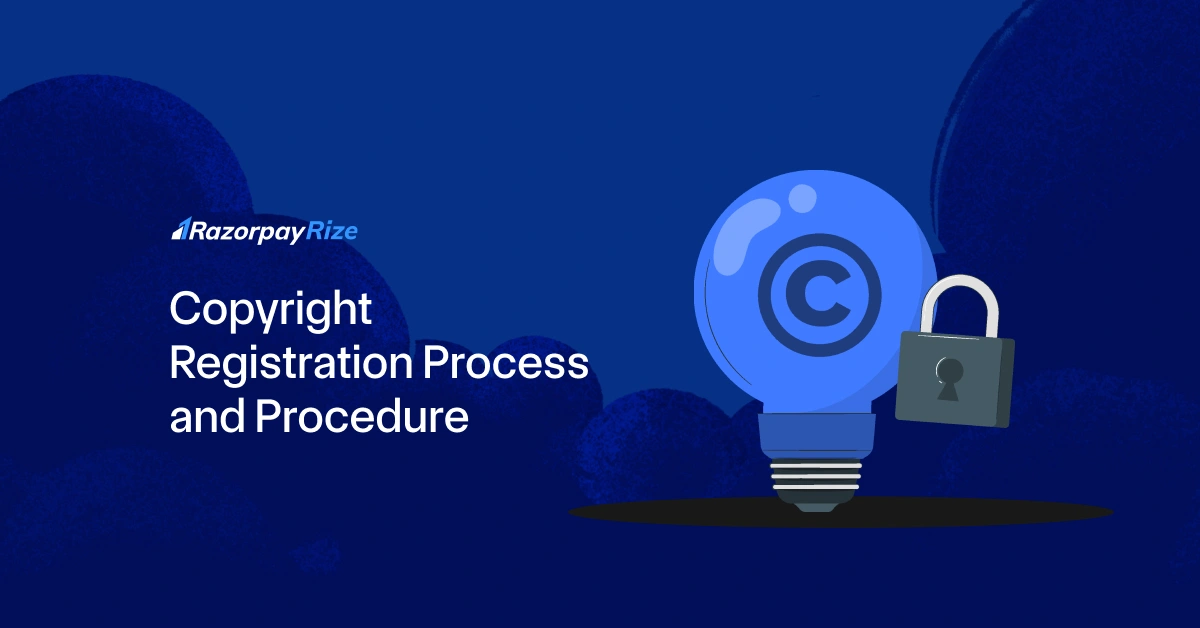For startups, every handshake, every pitch, and every product demo is a moment to prove credibility. In the early days, when reputation is still being built, trust can often matter more than traction. That’s where ISO certification acts as a powerful trust badge.
It signals that a startup adheres to globally recognised standards for quality, safety, and efficiency. Beyond reputation, ISO certification helps startups streamline operations, meet customer expectations, and compete effectively in domestic and international markets.
In this blog, we’ll break down what ISO certification means, why it matters for startups, and how you can get certified to strengthen your brand’s credibility and long-term success.
Table of Contents
What is ISO Certification?
ISO (International Organisation for Standardisation) certification is a globally recognised validation that a company’s processes meet international quality, safety, and efficiency standards.
For startups, ISO certification proves that their operations are consistent, reliable, and compliant with international best practices. It covers areas like quality management (ISO 9001), environmental management (ISO 14001), information security (ISO 27001), and more.
In simple terms, ISO certification helps startups build trust with customers, investors, and partners- showing that they take quality and process control seriously.
Why is ISO Certification Important for Startups in India?
For Indian startups, ISO certification is a growth enabler. Here’s why it matters:
- Builds Credibility: It gives customers and investors confidence that your startup follows global quality standards.
- Improves Operational Efficiency: Streamlines processes, reduces waste, and ensures consistent quality output.
- Enables Market Expansion: Helps startups enter international markets by meeting export and global client requirements.
- Boosts Customer Satisfaction: Ensures product or service reliability, improving brand loyalty.
- Enhances Brand Value: Sets your business apart from unregulated competitors.
Types of ISO Certifications Suitable for Startups
Different startups may need different ISO certifications based on their industry and focus. Some of the most relevant include:
ISO Certification for Startup Business in India: Step-by-Step Process
Obtaining ISO certification may seem complex, but it’s manageable when broken down into clear steps:
- Select the correct ISO standard based on your startup’s industry and goals.
- Appoint an ISO consultant or certification body accredited by NABCB or a recognised authority.
- Conduct a gap analysis to identify areas where your operations fall short of ISO standards.
- Implement required processes and train employees on compliance practices.
- Perform an internal audit to ensure readiness.
- Undergo the certification audit by the external certification body.
- Receive your ISO certificate, valid for three years (with annual surveillance audits).
Benefits of ISO Certification
ISO certification offers tangible and long-term advantages for startups:
- Improved product and service quality
- Increased global recognition and export opportunities
- Better access to investors and tenders
- Enhanced employee engagement and accountability
- Increased operational efficiency and cost savings
- Strengthened brand credibility and customer trust
- Regular external audits that promote continual improvement
How to Get ISO Certification?
To obtain ISO certification in India, follow these steps:
- Choose the appropriate ISO standard.
- Select a certified ISO body (accredited under NABCB or IAF).
- Prepare documentation such as policy manuals, process maps, and compliance reports.
- Implement changes suggested by the consultant.
- Conduct internal audits to verify compliance.
- Schedule an external audit by the certification body.
- Receive ISO certification upon successful audit.
The certificate is valid for three years, subject to annual surveillance checks.
Cost of ISO Certification for Startups in India
The cost of ISO certification depends on several factors:
- Type of ISO standard (e.g., ISO 9001 vs ISO 27001)
- Size and complexity of the business
- Certification body or consultant fees
- Documentation, training, and audit costs
Typically, ISO 9001 certification costs between ₹15,000 and ₹60,000 for startups. While the upfront cost may seem significant, the long-term benefits- credibility, efficiency, and trust- far outweigh the investment.
Government Support and ISO Certification
The Indian government supports startups and MSMEs in obtaining ISO certification through various financial assistance schemes, including:
- MSME Champions Scheme: Offers reimbursement of ISO certification expenses.
- ZED Certification Scheme: Encourages zero-defect, zero-effect manufacturing practices.
Common Mistakes Startups Should Avoid
When pursuing ISO certification, startups often make avoidable errors. Here’s what to watch out for:
- Choosing the wrong ISO standard for your business model
- Relying entirely on consultants without an internal understanding
- Neglecting post-certification audits and documentation
- Rushing implementation without cultural alignment
Frequently Asked Questions (FAQs)
Private Limited Company
(Pvt. Ltd.)
- Service-based businesses
- Businesses looking to issue shares
- Businesses seeking investment through equity-based funding
Limited Liability Partnership
(LLP)
- Professional services
- Firms seeking any capital contribution from Partners
- Firms sharing resources with limited liability
One Person Company
(OPC)
- Freelancers, Small-scale businesses
- Businesses looking for minimal compliance
- Businesses looking for single-ownership
Private Limited Company
(Pvt. Ltd.)
- Service-based businesses
- Businesses looking to issue shares
- Businesses seeking investment through equity-based funding
One Person Company
(OPC)
- Freelancers, Small-scale businesses
- Businesses looking for minimal compliance
- Businesses looking for single-ownership
Private Limited Company
(Pvt. Ltd.)
- Service-based businesses
- Businesses looking to issue shares
- Businesses seeking investment through equity-based funding
Limited Liability Partnership
(LLP)
- Professional services
- Firms seeking any capital contribution from Partners
- Firms sharing resources with limited liability
Frequently Asked Questions
Is ISO certification mandatory for startups in India?
No, ISO certification is not mandatory for startups in India. However, it’s highly recommended if your business deals with clients, investors, or partners who value quality assurance and global compliance.
How long does the ISO certification process take for startups?
The ISO certification process usually takes 4 to 8 weeks, depending on factors like the size of your startup, the complexity of operations, and your readiness in terms of documentation and process implementation.
Can a startup apply for ISO certification without a consultant?
Yes, a startup can apply directly for ISO certification without hiring a consultant. However, working with an experienced ISO consultant can simplify the process, ensure proper documentation, and reduce the chances of rejection during audits, especially for first-time applicants unfamiliar with ISO requirements.
Is ISO 9001 enough for a new startup?
For most startups, ISO 9001 (Quality Management System) is the best place to start. It focuses on delivering consistent quality, improving customer satisfaction, and building efficient internal processes.
As your startup grows, you can explore other relevant ISO standards such as ISO 27001 (Information Security) or ISO 14001 (Environmental Management).
Does ISO certification help in getting funding?
Yes, indirectly, it does. While investors don’t fund startups because of ISO certification, having it boosts investor confidence by showing that your business follows structured, reliable, and scalable processes.



















